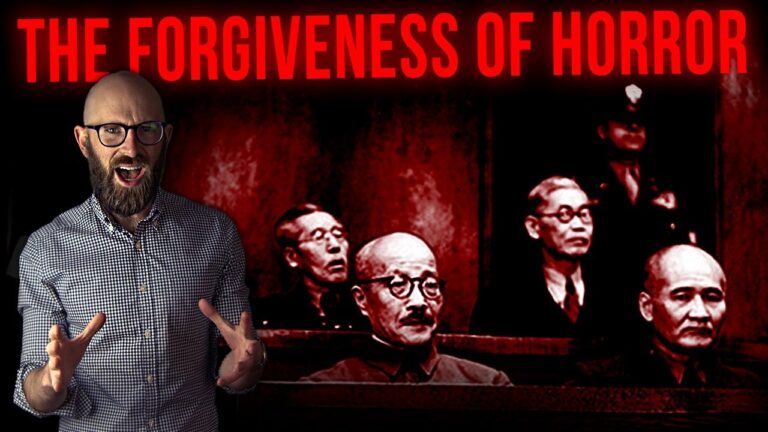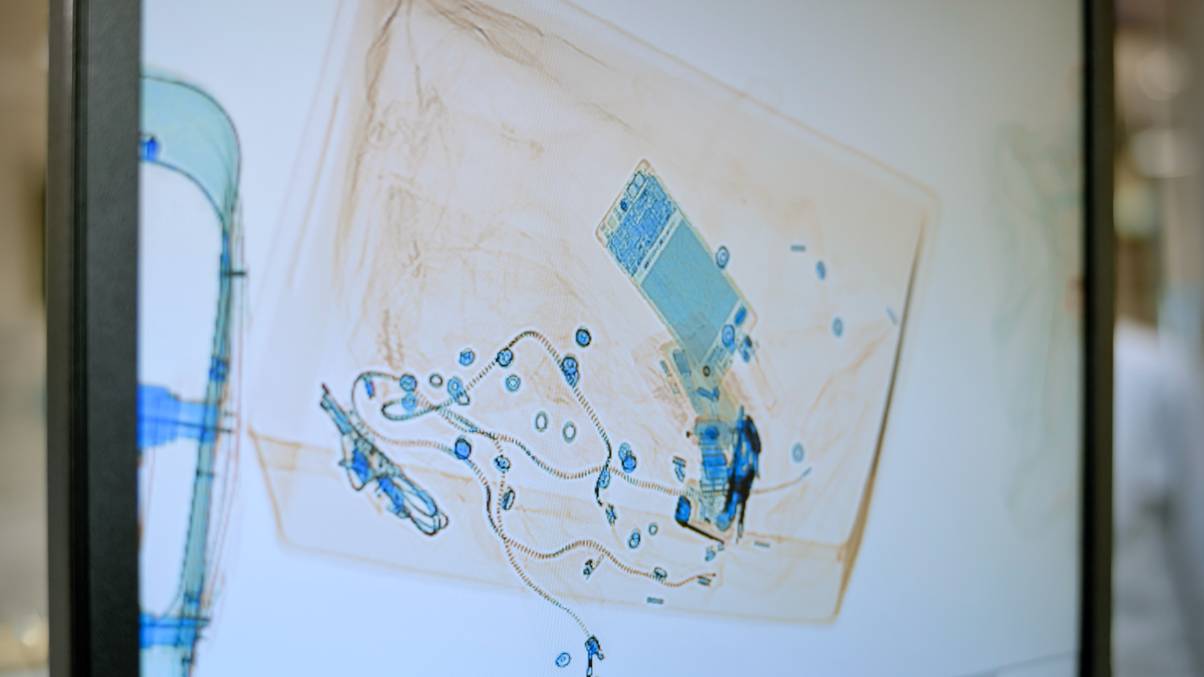“Unraveling the Mystery: Why Italy Escaped a Post-War Reckoning for Its Atrocities”
This did not happen until 1948. His charges, however, did not include the perpetration of massacres in Ethiopia, nor his responsibility for the horrific camps in Somalia and other African colonies.
The officer was in fact charged only for collaborationism, on account of his role in the armed forces of the pro-Fascist, pro-nazi state, the Italian Social Republic. Graziani was found guilty and sentenced to 17 years in prison, but the butcher of Addis Ababa was freed after only two years, thanks to an amnesty. In 1952 he entered the political arena, joining the far-right party Italian Social Movement, or MSI, becoming its honorary president. His appointment lasted until his death, in 1955.
Intricacies of a Peace Treaty
So, to recap, Yugoslavia and Ethiopia failed to bring Italian criminals to justice, in part because of the Alliesâ unwillingness to support them. Western powers simply had an interest in maintaining good relations with their former enemy, as exemplified by the negotiations surrounding the Peace Treaty with Italy.
This would be signed in Paris, on February 10, 1947, and it contained Article 45 according to which Italy âShall take the necessary steps to ensure the apprehension and surrender for trial of persons accused of having committed, ordered, or abetted war crimes and crimes against peace or humanity.â
Pretty straightforward, right?
Not really.
The enforcement of such an article was watered down by an additional clause. It stated that, in case of a disagreement regarding Article 45, the issue could be referred to the Ambassadors in Rome of the Soviet Union, UK, US and France.












